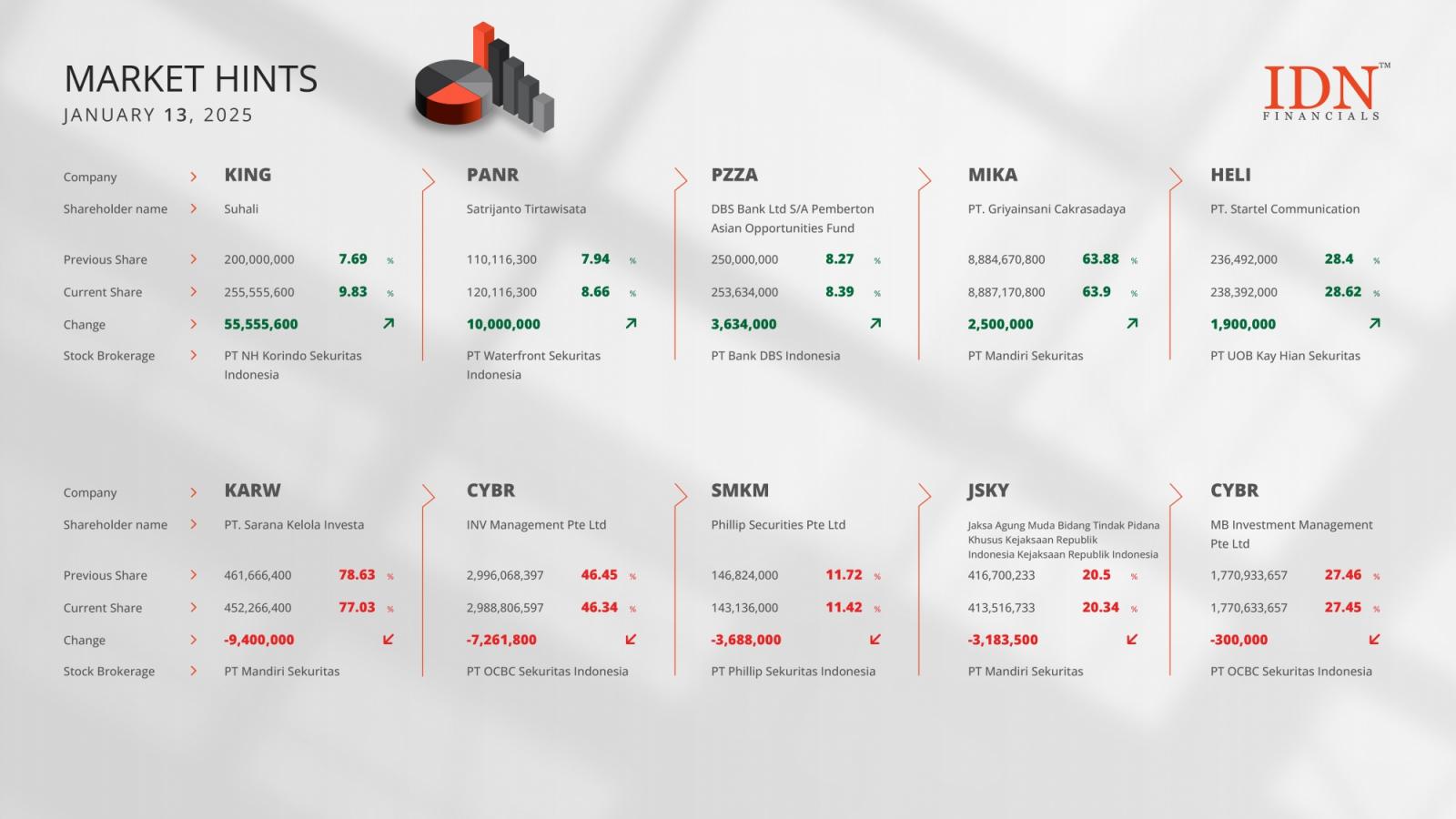Robinhood and its CEO Vlad Tenev met with the United States Securities and Exchange Commission (SEC) 16 times before the commission sent the crypto company a Wells Notice, the CEO revealed in a Wednesday interview with CNBC.“We actually came in good faith to meet with the SEC. I think we met with them 16 times and, unfortunately, that was not reciprocated,” Tenev told CNBC’s Kate Rooney.
SEC, Robinhood Met 16 Times Before Wells Notice
The federal regulator filed a Wells Notice on May 4, with court documents showing the commission made “a “preliminary determination” to recommend that the SEC file an enforcement action against RHC alleging violations of Sections 15(a) and 17A of the Securities Exchange Act of 1934, as amended.”
"We actually came in good faith to meet with the SEC. I think we met with them 16 times and, unfortunately, that was not reciprocated," @vladtenev tells @Kr00ney after Robinhood's crypto arm received a wells notice from the SEC. $HOOD pic. .com/cOGU3BFGpD
— Last Call (@LastCallCNBC) May 8, 2024
While no explicit enforcement action was revealed, Saturday’s court filing presupposes it could be either a “civil injunctive action, public administrative proceeding, and/or a cease-and-desist proceeding.”
Robinhood’s Successful Q1 Earnings Surpass Expectations
News of Tenev’s follows the release of Robinhood’s first-quarter earnings estimates, which showed the company earning a whopping $329 million—over $70 million more than the expected $255 million.“We delivered significant revenue growth and margin expansion in Q1 as we remain focused on driving another year of profitable growth in 2024,” said Jason Warnick, Chief Financial Officer of Robinhood. “In Q1, we set records for quarterly revenues, net income, and EPS, even as we stepped up our marketing and growth investments.
“During a Wednesday afternoon conference call discussing the earnings, Tenev called the Wells Notice a “disappointing development.”
The SEC has long been criticized for its stringent stance on digital aggests and regulation-by-enforcement approach. Several key players in the crypto industry have been hit with legislation from the federal agency.
Meanwhile, questions have swirled over the SEC’s classification of digital assets, given the lack of a crypto regulatory framework.
“We firmly believe that the assets listed on our platform are not securities and we look forward to engaging with the SEC to make clear just how weak any case against Robinhood Crypto would be on both the facts and the law,” Robinhood Chief Legal Compliance and Corporate Officer Dan Gallagher said in a Monday statement.
If Tenev’s claims are verifiable, Robinhood’s meetings with the SEC may signify its dismissal of crypto firms looking to comply with federal regulation amidst a broader crackdown on the digital asset industry.





